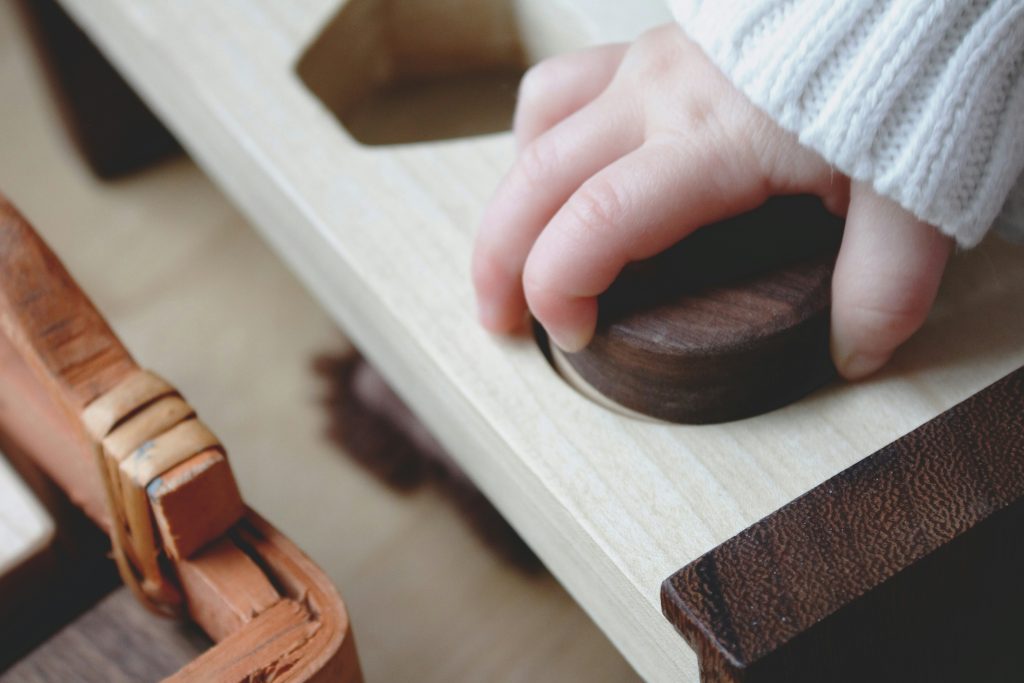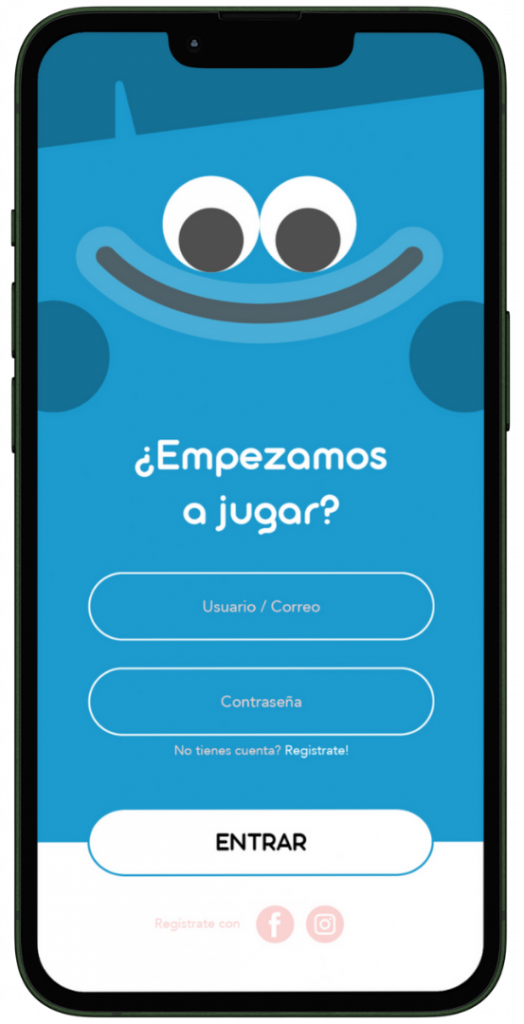The role of playing in baby's brain development (0-3 Years)
Development - Play

What happens in a baby’s brain while playing?
Playing stimulates brain plasticity, which is the brain’s ability to reorganize and form new neural connections. Sensory, motor, and social experiences while playing helps to solidify neural connections that are vital for language, motor skills, and problem-solving.
According to the American Academy of Pediatrics (AAP), playing also strengthens the bond between parents and children, which is essential for emotional and social development.
Types of playing and their impact on the brain:
- Sensory Play: Handling objects with different textures activates and sharpens sensory pathways.
- Motor Play: Activities like crawling or walking enhance coordination and strengthen the motor regions of the brain.
- Social Play: Interacting with others fosters empathy and communication skills.
Conclusion:
Conclusion:
Play is far more than just fun—it is a foundational experience that fuels brain growth and emotional well-being in babies. By prioritizing meaningful playing, parents can give their children a head start in life.
Source:
American Academy of Pediatrics (AAP). The Power of Play: A Pediatric Role in Enhancing Development in Young Children. Pediatrics, 2018.
Download the App
Download the Play Ideas app and follow your baby at every step of its development with activities, tips and fun.


